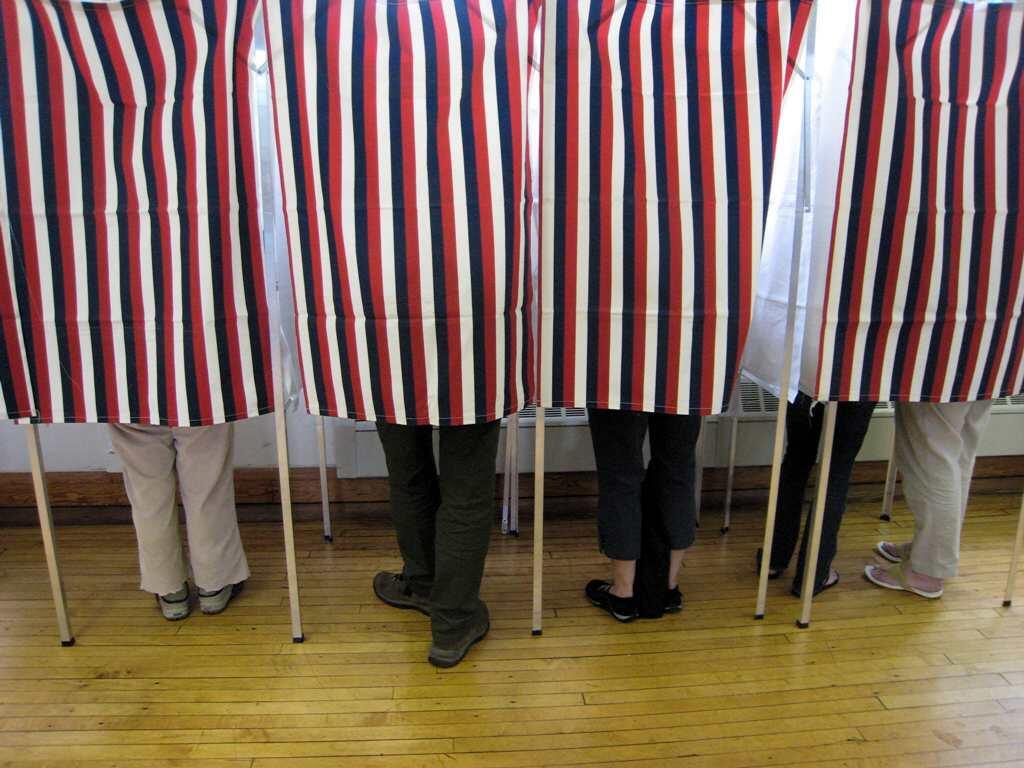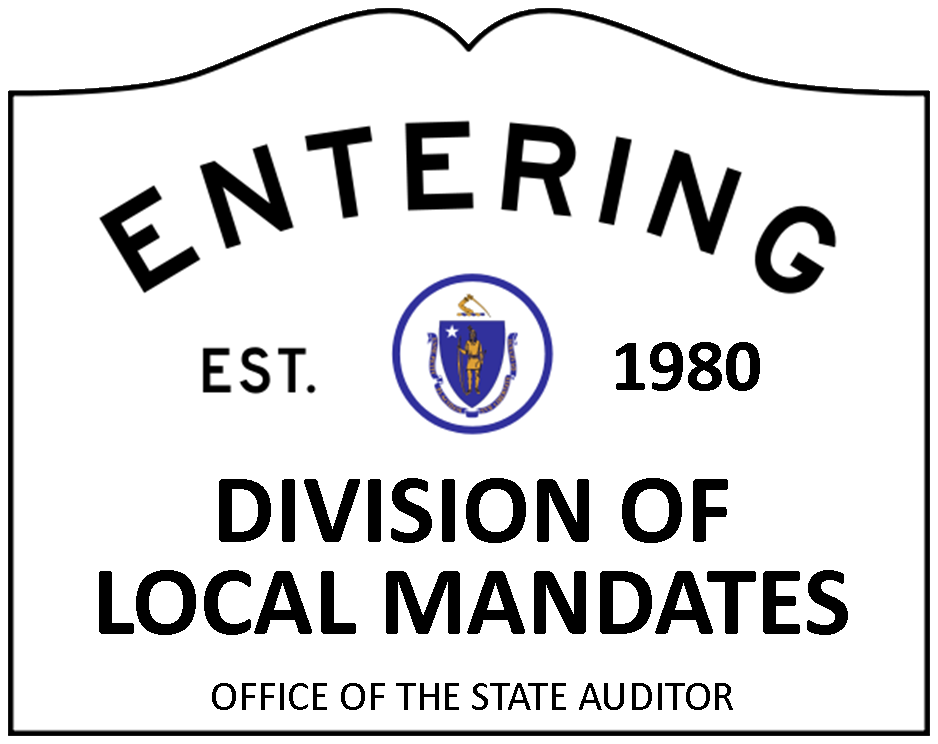- Office of the State Auditor
- Division of Local Mandates
Media Contact
Mike Wessler, Communications Director

Boston — State Auditor Suzanne M. Bump is asking Massachusetts city and town clerks to provide a formal accounting of early voting costs found to be an unfunded mandate related to the 2018 election cycle. Town clerks received a survey from Bump’s Division of Local Mandates (DLM) on December 4, and the office asks that responses be submitted by December 18. Bump’s office will provide a certification of this spending to the Secretary of the Commonwealth, who will reimburse communities for their expenses.
“Early voting has strengthened elections in Massachusetts. It provided more than half-a-million voters in the Commonwealth with convenience and flexibility when casting their ballots this year, but it came at a price to local government,” said Bump. “I encourage clerks to quickly provide a full and accurate accounting of their mandated costs associated with this service so the state government can appropriately reimburse them for their expenses.”
Last year, a determination from Bump’s office found some parts of the 2014 early voting law were unfunded mandates on local governments. The determination cited the requirements that municipalities establish an early voting polling location that has sufficient staffing and privacy for voters as the factors driving the conclusion. A similar survey of costs related to the 2016 early voting period led the legislature to reimburse $1,063,978.15 to communities for their unfunded, mandated early voting expenses in 2016.
The early voting law requires that municipalities allow any qualified voter during biennial state elections (and other elections taking place at that time) to vote during a twelve-day early voting period. The Massachusetts Secretary of the Commonwealth’s Office reports that over 584,000 voters cast their ballots during this period in 2018.
Under the Local Mandate Law, cities and towns can petition Bump’s office to issue a determination on whether a state law constitutes an unfunded mandate. If Bump’s office determines an unfunded mandate exists, the petitioning city or town can use the determination to seek legislative or legal relief from the mandate.
DLM was established in 1980 as part of Proposition 2 ½, an initiative that limits the abilities of cities and towns to increase property taxes. Under the state’s Local Mandate Law, the Legislature and state agencies are prohibited from passing costs along to municipalities to implement state programs. DLM was established to respond to municipal request to determine whether an unfunded mandate has been passed on to local governments, and make a cost determination of the state funding necessary to sustain a mandate. As a result of these efforts, approximately $343 million in state funding or other remediation has been provided to local communities.
###
